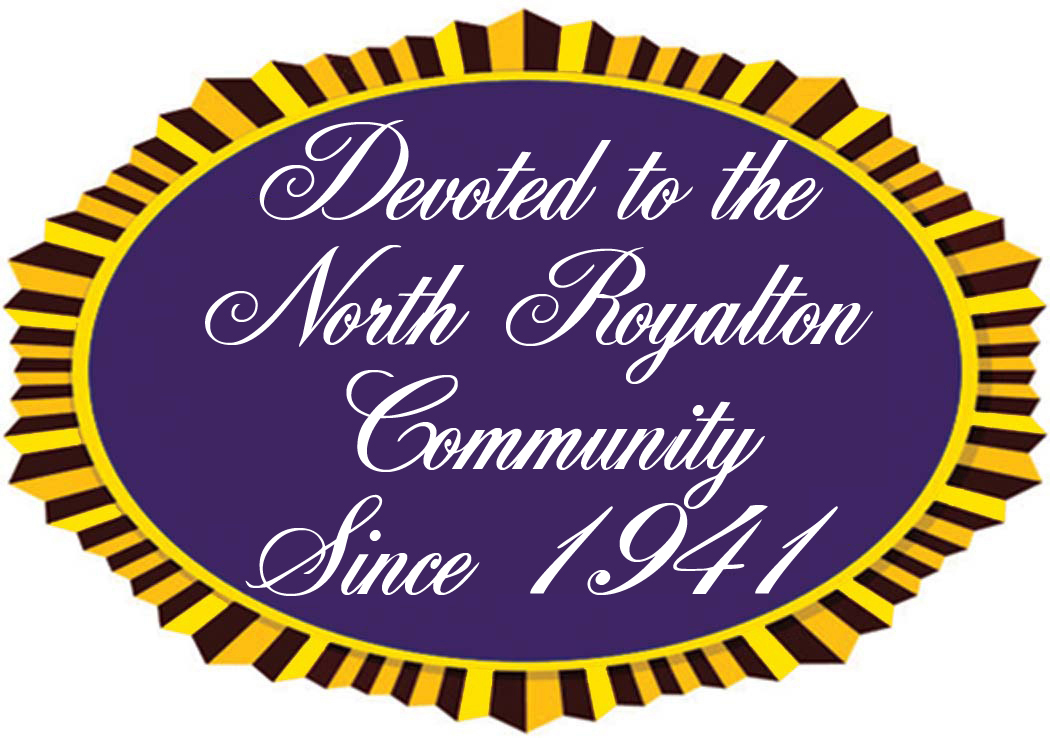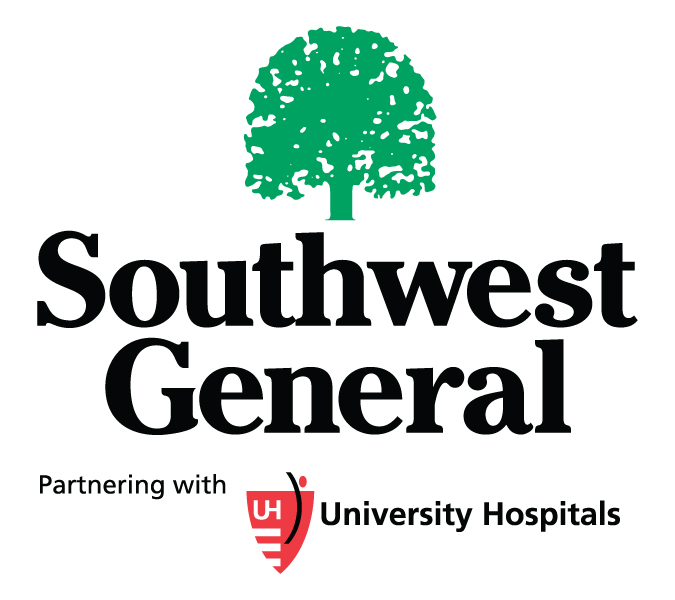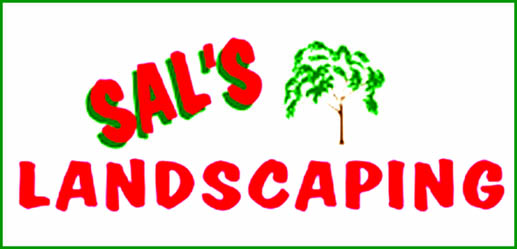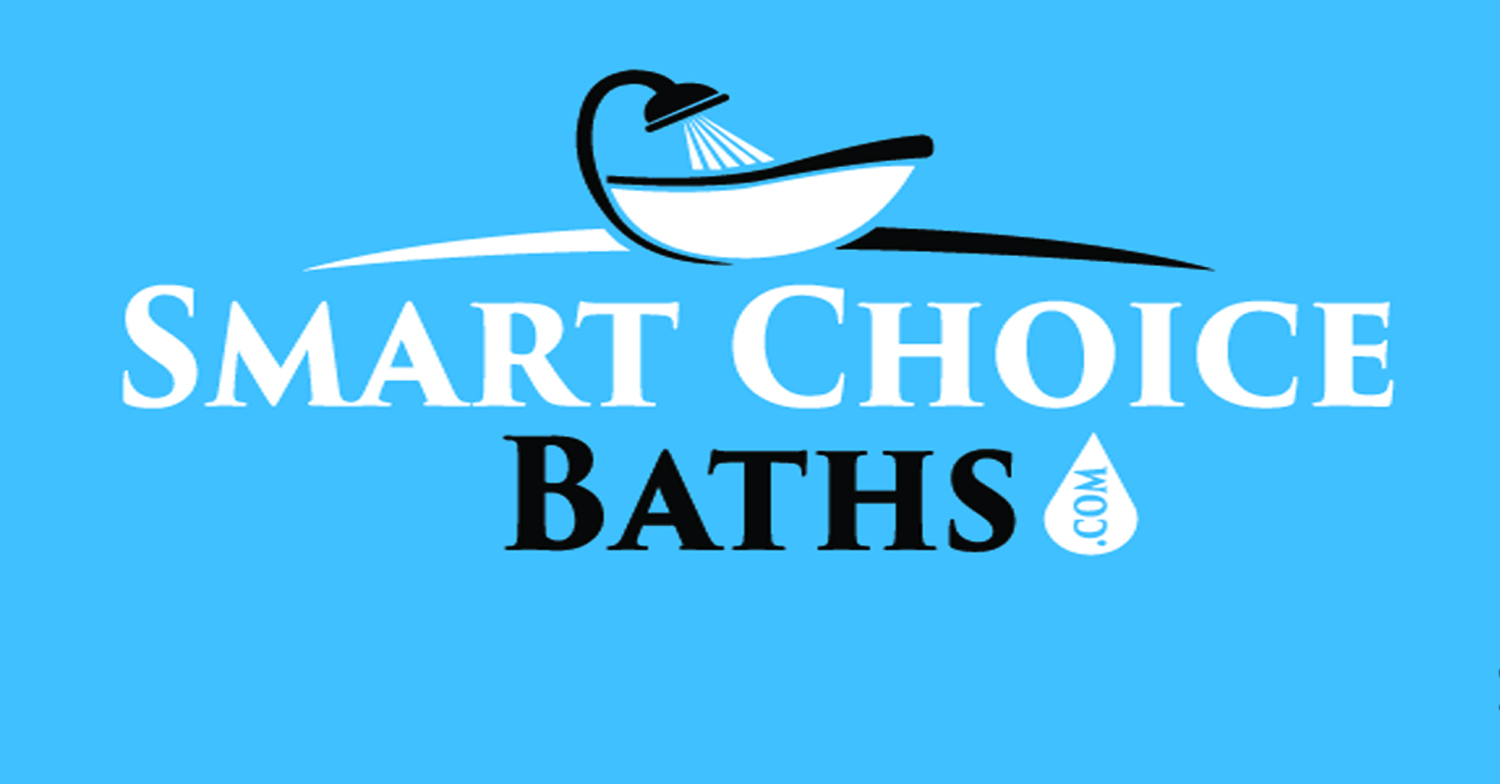By GLORIA PLEVA KACIK
Contributing Writer
As with many things, with benefits comes responsibility. Cell phones provide accessibility and connectivity, but cell phone users need to be vigilant. Scams regarding cell phones have increased as the utilization and reliance on cell phone technology increases.
A recent release from the Better Business Bureau (BBB) alerts to an increasing occurrence of a scam involving cell phones, called the One-Ring Phone Scam. According to the BBB, “perpetrators of this scam program their computers to blast out thousands of calls to random cell phone numbers, ring once, and then disconnect. This scam relies on consumers calling back missed calls, which then connect them to a paid international adult entertainment service, ‘chat’ line, or other premium service located outside the country.” The victims of the scam can be billed with an international call fee, plus a per-minute charge. The call typically comes from outside the U.S. Consumers have reported to the BBB that calls have come from areas such as Antigua, Barbuda, British Virgin Islands, Dominican Republic, Jamaica and Grenada. The area codes are 268, 284, 473, 809 and 876.
“The practice of third parties placing unauthorized charges on wireless accounts is called “cramming.” The Federal Trade Commission (FTC) and Federal Communications Commission (FCC) have reviewed thousands of complaints about the practice, and expect the problem to grow,” according to BBB officials. It is recommended that if you don’t recognize a phone number on your caller ID, do not answer and do not call back. The BBB also recommends that you check your phone bills monthly for any unauthorized charges.
Another cell phone scam arises from a rumor stating that “Cell Phone Numbers Go Public this month.” Although there was some discussion with some of the wireless providers many years ago regarding a universal cell phone directory, it was only supposed to be used for those calling directory assistance for a fee. The discussion was shelved by 2006 and there is no plan to allow cell phone numbers to go public.
You may want to register not only your land line, but your cell phones with the National Do Not Call Registry. The Registry is managed by the Federal Trade Commission (FTC), which takes legal action to ensure that telemarketers abide by the Registry. According to the National Do Not Call Registry website, “The FTC’s decision to create the National Do Not Call Registry was the culmination of a comprehensive, three-year review of the Telemarketing Sales Rule (TSR), as well as the Commission’s extensive experience enforcing the TSR over seven years. The FTC held numerous workshops, meetings, and briefings to solicit feedback from interested parties and considered over 64,000 public comments, most of which favored creating the registry.”
Most telemarketers will be prohibited from calling your number once it has been on the registry for 31 days. If they do, you can file a complaint. Some telemarketers, those calling on behalf of charities and political organizations and phone surveyors will still be permitted, as well as companies that you either have an existing business relationship or your express written consent can also call.
There is no cost to register your phone. You can either register online, at www.donotcall.gov or register by phone by calling 1-888-382-1222. Beware of phone calls from someone offering to put your name on the National Do Not Call Registry. The FTC does not allow third parties or private companies to register consumers for the Registry. Those that claim to be able to register for you are scams, especially if they ask for a fee.













